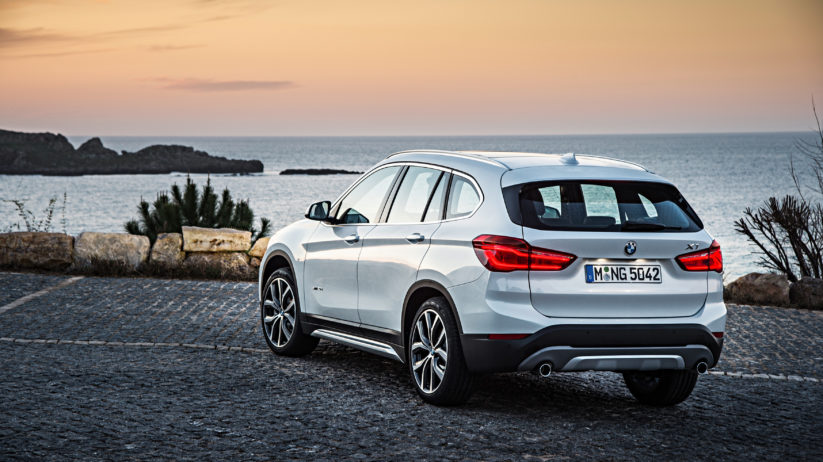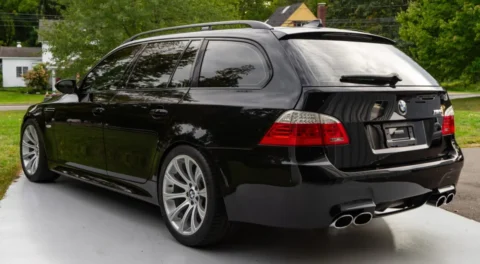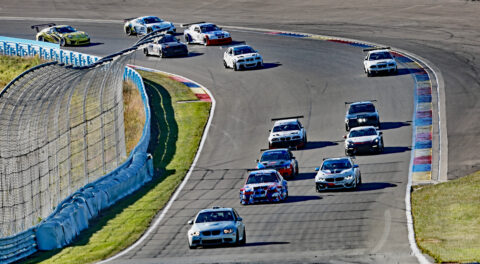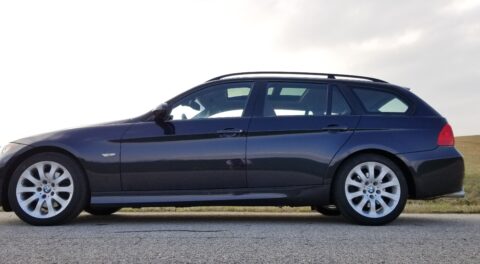According to the EcoTest, which is organized and performed by ADAC (the German automobile association), BMW diesel models including the current 520d Touring and the X1 sDrive 18d are among the cleanest-burning available on the market. Together with others, like diesel versions of the 2 Series Active Tourer and X3, which also earned top scores of 50 or close to it, the models allowed BMW to secure the top emissions grade of 1, or outstanding. The news comes not long after the automaker chose to completely eliminate diesels from its U.S. lineup for the 2019 model year, and as investigatory probes related to cheating and collusion continue for BMW and other large European manufacturers.
None of the models tested have U.S. availability, but the results are still encouraging during a time when many are writing diesel off completely as an obsolete and dirty source of motivation in the wake of Volkswagen’s scandal. Customer complaints and the new test results are highly unlikely to bring BMW diesels back to the U.S., but as we mentioned before, the company does pay close attention to market demands, and maintains that it is prepared to change model portfolio if conditions dictate.
EcoTest is designed to be one of the most rigorous real-world emissions trials in the world, with select conditions created to ferret out software or other workarounds that may otherwise skew a vehicle’s results in a more positive direction. Some highlights of the test include the 520d Touring performing exceptionally well in emissions testing for nitrogen oxide (NOx)—one of the main pollutants most emissions standards are targeting these days, and an area where Volkswagen’s violations were especially egregious. The X1, more specifically the sDrive 18d variant, also performed remarkably well, so much so that ADAP was quoted as saying, “BMW is dealing extremely well with the issue of emissions. There are no abnormal figures for any type of pollutant, and the nitrogen-oxide emissions are so low they could even be a record. Even the sensitive measuring equipment used for the test barely managed to detect any emissions in some cases.”
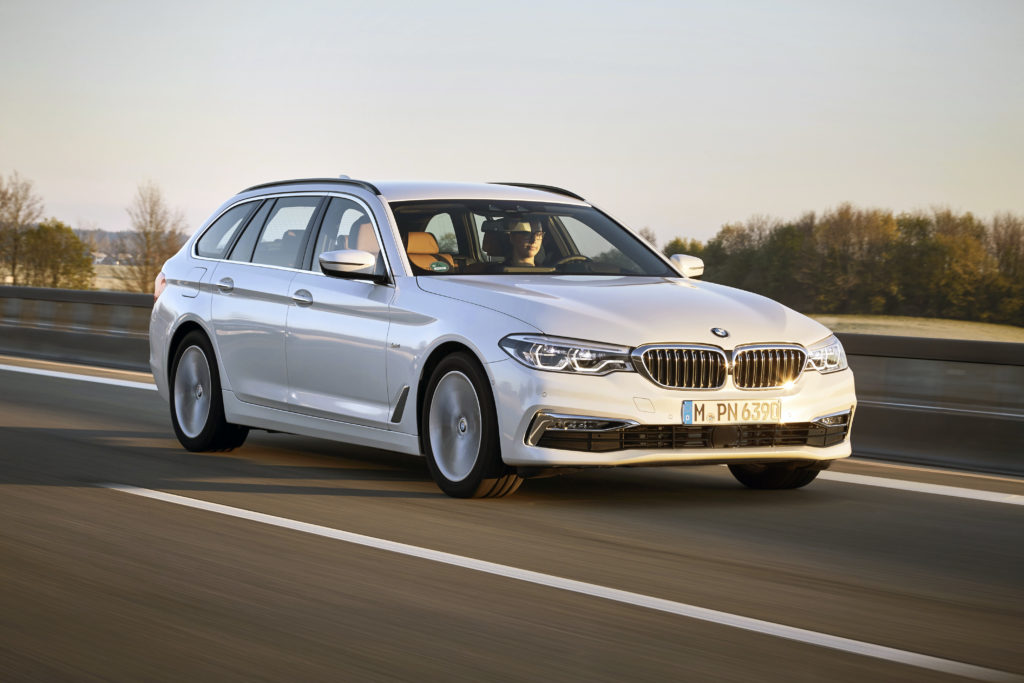
That’s right: BMW’s current diesel emissions are so low for certain models that stringent real-world testing performed with state-of-the-art equipment was on the threshold of detecting nothing in select cases.
How is BMW able achieve the numbers, which could be set for a new record? As far as ADAC is concerned, three factors come together to make the excellent results possible. First is BMW’s long-term experience with emissions components used for reducing NOx, and the tireless development and continuous refinement of such concepts and components like exhaust-gas recirculation, absorption catalytic converters, and more. Then there is BMW’s employment of only the latest exhaust-gas after-treatment technology; finally, BMW has developedthe engine and its cutting-edge exhaust system together from an early stage.
Will BMW ever bring diesels back to the U.S. market? As of this writing, it seems pretty unlikely, especially when considering slow sales, but with continued development for the rest of the world, technology may one day allow for a return of high-torque and low-revving efficiency.—Alex Tock
[Photos courtesy BMW AG.]

